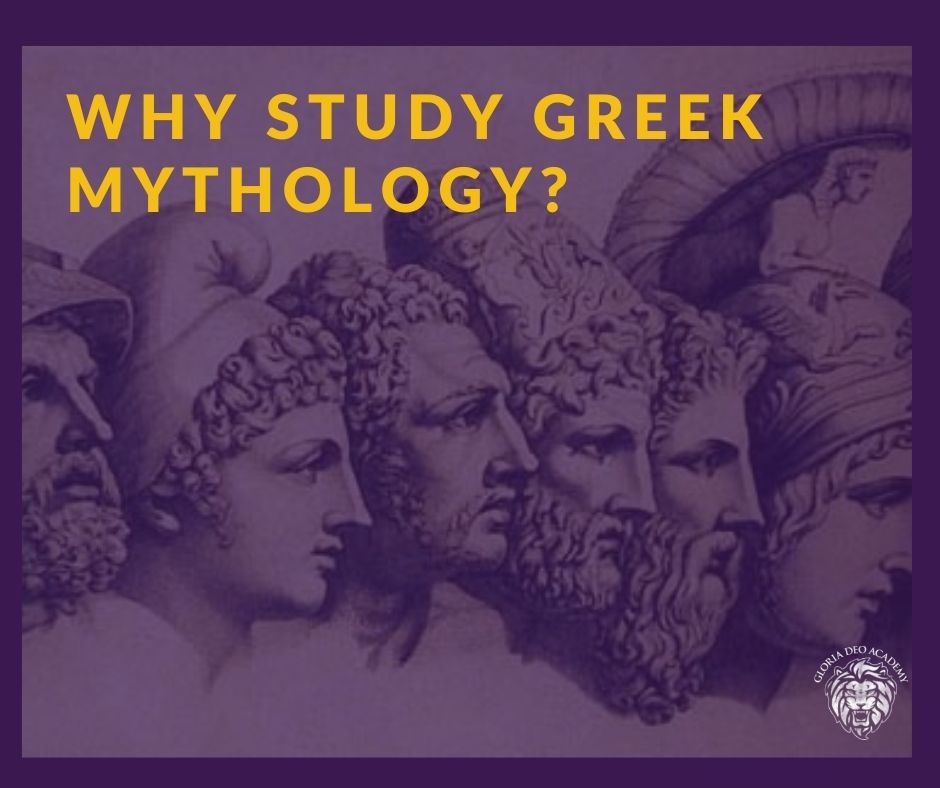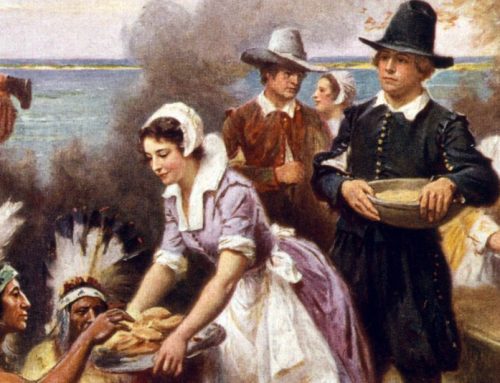It’s an honest question. Why do we study Greek mythology? When it comes to teaching a Classical curriculum, many parents are immediately on board with teaching history in chronological order and reading literature that coincides with that period of history. But mythology? That one brings about more questions. HERE’S THE TRUTH: Greek mythology is vital to a child’s education. Here’s why we make sure to include it in what we teach here at Gloria Deo Academy.
Greek Mythology Identifies Good vs. Evil
The lines of good and evil are clear cut in Greek mythology. Monsters are monsters and heroes are heroes. Students love reading stories about heroes, battles and action. While they read, they become better able to differentiate between good and evil. As students grow older and start to study Shakespeare or other English literature, the lines of good and evil are more blurry. Having a basic understanding of Greek mythology provides a good foundation because there are so many references to Greek mythology.
Greek Mythology Identifies Cardinal Virtues
Concepts like Cardinal Virtues are important to learn. However, it’s tough to explain them outside of Greek mythology. That’s because all of these virtues are found repeatedly throughout the myths. Students pick up on these moral lessons and then incorporate them in daily life when they hear about them through stories.
- Wisdom (Prudence): the capacity to make sensible decisions and judgments based on personal knowledge or experience. It is the ability to recognize, differentiate and choose between right and wrong.
- Justice: the quality of being fair and reasonable, particularly in how decisions are made and the way people are treated.
- Courage (Fortitude): the ability to confront fear, intimidation, danger, difficulty and uncertainty. It is the ability to face a challenge without cowardice. In ancient Greece, courage was regarded as a military virtue, a character trait of soldiers waging war on the battlefield.
- Moderation (Temperance): Moderation, or temperance, is the quality of practicing self-restraint and self-control.
Greek Mythology Helps Understand Human Nature
Many character issues that students face at home (jealousy, trouble with other children, back talking, etc) are addressed in Greek mythology. When a student hears it in a story, it’s easy for them to identify and emulate the behavior.
Greek Mythology Inoculates Against False Religion
Reading Greek myths helps students lean more about Ancient Greek and Roman cultures. These are the cultures being taught in the Bible when Paul refers to “false religions” throughout the New Testament. Without an understanding of these cultures, it’s easy to dismiss “false religion” because it’s not easily understood. However, reading Greek myths and studying these cultures points out the foolishness of false gods. It’s easy to see how silly it is to worship powerless gods created by men. Parents use this as a good place to start conversations about the Biblical concepts of worshiping idols and other gods.
So Much of our World Comes from Greek Mythology
Studying astronomy? The names of planets and constellations are named after Greek myths. The U.S. space program is named for Apollo.
Studying chemistry? The element niobium is named after Niobe (daughter of King Tantalus)
Studying the ocean? Famous researcher Jacques Cousteau named his vessel Calypso, thought to be the daughter of the Titan Atlas.
Visiting Yellowstone National Park? Iris Falls is named for Iris, the mythological Greek goddess of the rainbow.
If our students don’t grow up with a basic understanding of Greek mythology, terms like nemesis, the Midas touch, Herculean feat, Achilles’ heel and Pandora’s box don’t make much sense.






